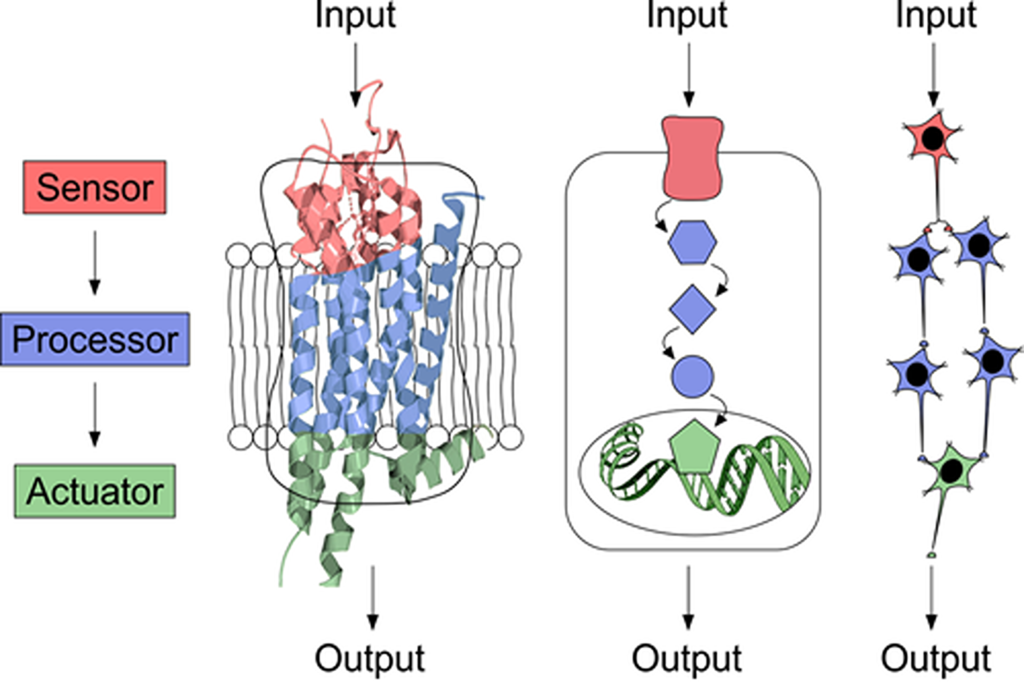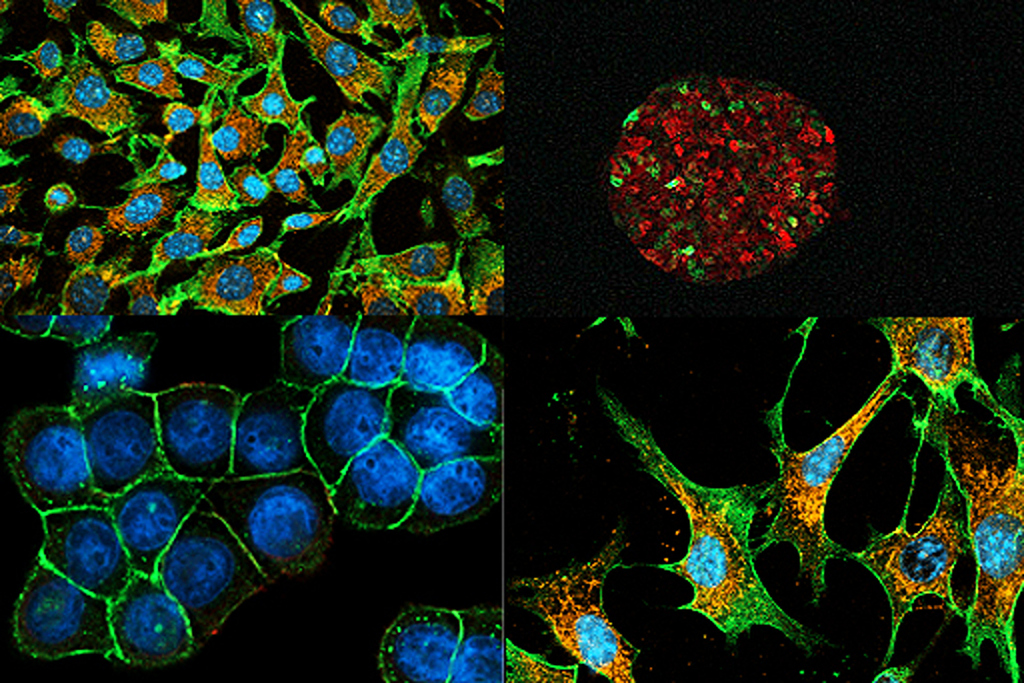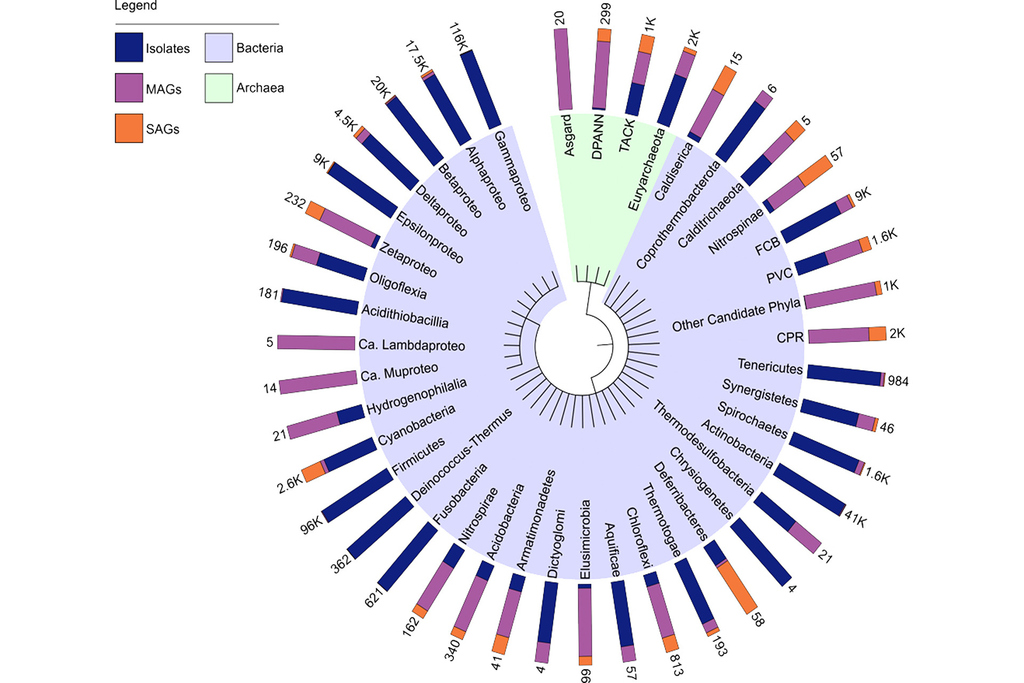
At the IBCS-BIP, we investigate how living systems aquire, process and utilize information - from molecular interactions to complex cellular and neural networks.
Our research aims to uncover the fundamental principles of biological information processing by studying how cells and organisms sense, integrate and respond to a wide range of internal and external cues. We use both cellular systems and model organisms. particularly zebrafish and medaka, supported by our animal facilities and state-of-the-art imaging technologies.
Combining expertise in genetics, biophysics, neurobiology and technology development, we examine information flow in biological systems across multiple scales of space and time. This systems-level understanding enables us to explore new avenues for innovation, includong DNA-based comupting, synthetic biology and intelligent biotechnologies.
Through interdisciplinary collaboration, we connect natural and artificial information processing, paving the way for bio-inspired technologies that harness the adaptibility, efficiency and robustness of living systems.
IBCS-BIP
Eine stringente Regulierung von Signalwegen ist für die Entwicklung und die Homöostase unerlässlich. Eine Deregulierung innerhalb dieser Signalwege führt zu pathologische Folgen. In unserer Arbeitsgruppe untersuchen wir die Funktionen von Zelloberflächenrezeptoren, wie z.B. Zelladhäsionsmoleküle (CD44), Rezeptor-Tyrosinkinasen (MET, VEGFR-2, EGFR,...), G-Protein-Rezeptoren (CXCR4) oder LRP6 (Wnt-Signalweg), bei verschiedenen Entzündungskrankheiten, einschließlich nicht-alkoholischer Lebererkrankungen, Multipler Sklerose und Krebs. Hierbei liegt unser Interesse unter anderen auf dem Einflus dieser Moleküle auf die Stammzellfähigkeit und der Plastizität der Zellen. In enger Zusammenarbeit mit Chemikern und Medizinern entwickeln wir Methoden, um spezifisch Zelloberflächenrezeptoren wie z.B. CD44 zu hemmen. Ein in unserem Labor identifiziertes Peptid befindet sich bereits in der klinischen Testphase I/Ib.

Biotechnologie und Mikrobielle Genetik - AG Kaster
The Kaster lab uses innovative methods like single cell omics to investigate so far uncharacterized prokaryotic species. We are especially interested in microorganisms with a potential for biotechnological applications, such as novel natural product producers or bioremediators.
As part of the Master's programm in Biology, research modules (F2 modules) are offered by IBG1 - Biomolecular Micro- and Nanostruktures and IBG2 - Molecular Biophysics.
IBG - AG Kaster